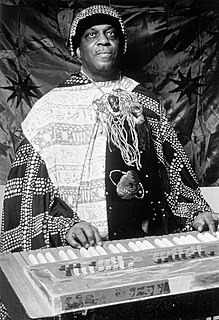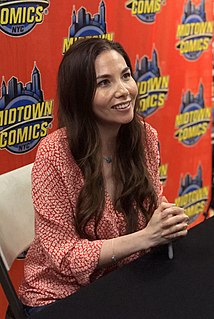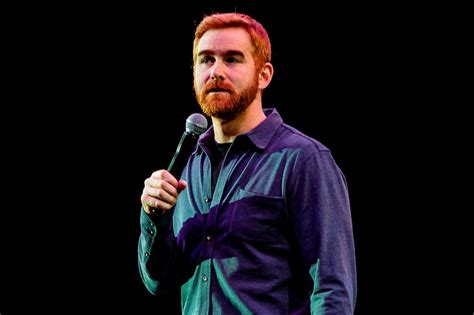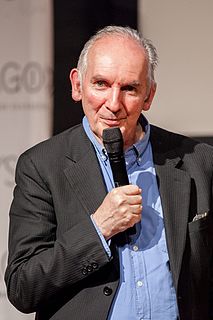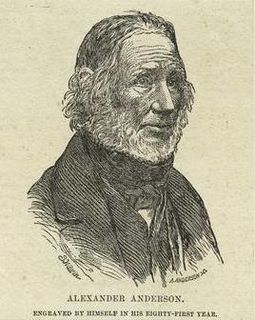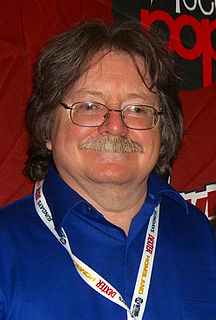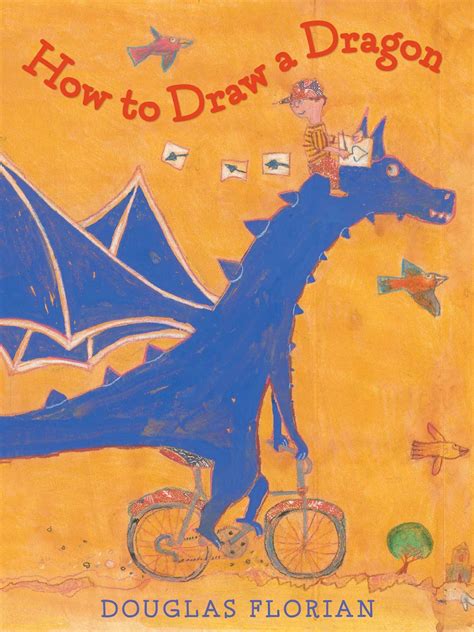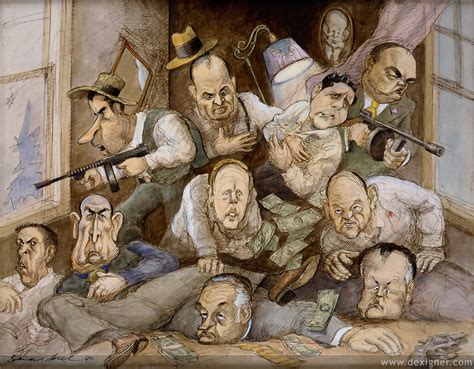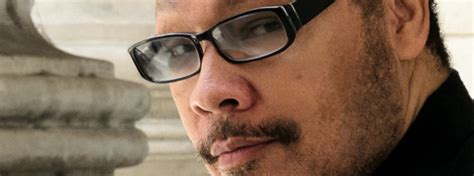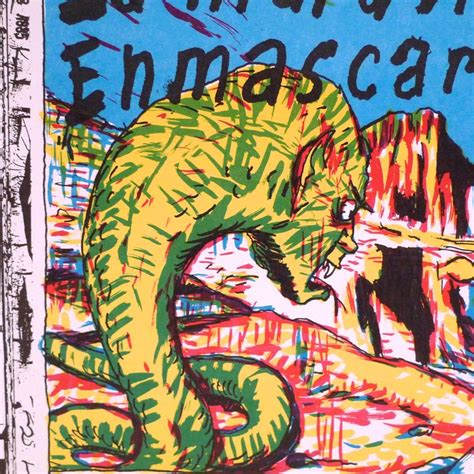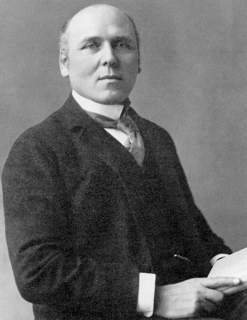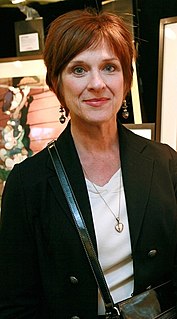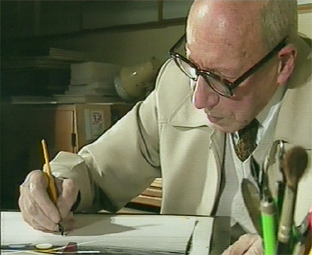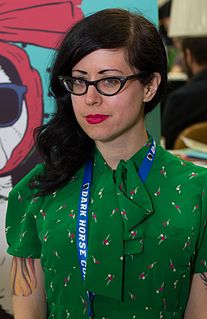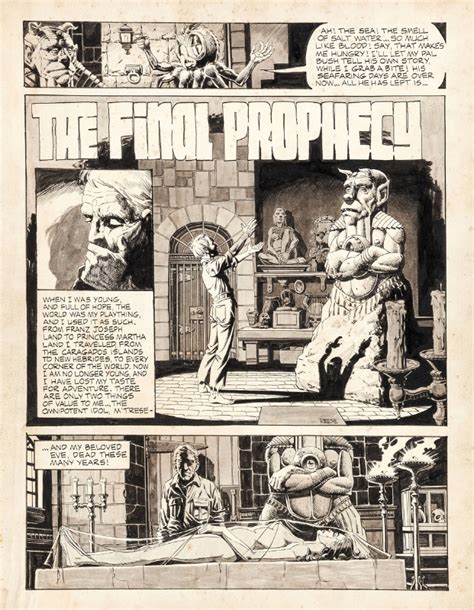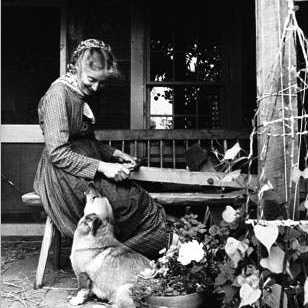A Quote by Dave McKean
If you want to be a chef or a scientist, you've got to know what the current thinking is, so if you want to write comics or draw comics find out what the very best ones are and look at them all and then you'll know where the bars are because the bars are often very high, if you are going to make a splash and make yourself known, you need to get to that level.
Related Quotes
I have never engineered a record. I will draw a record and I'll show you what it's gonna look like. And I will design it and sketch it out and show you, you know, the breaks are coming in here. Sixteen bars. Move out. 32 bars and you get this baseline. Repeat this. Ghost it. Take the tops out of that. Make it go thin. Get a filter. Reverse it.
When I first started out in comics they would put me on these Women of Marvel panels, and these young women would come up to me and say, "I really want to write comics but I don't know if I can because I'm told that it's just for guys." I would say, "That's bullshit. That's absolute bullshit. Look at me!" But the one area where we still need to work on is that we need more women of color. That's not common thing yet.
I was going to be a storybook illustrator or an editorial illustrator. I ended up in a comics class by mistake because all the others were full, so I was like 'I'll stay for one class, and then I'll go take something else, because I don't care about comics.' I got pulled in really fast; I discovered I had a voice in comics that I didn't know I had.
I started drawing comics, and at first I was very influenced by the whole pop art movement, you know, Batman was on TV and all that pop art stuff? But then my next influence was in 1966, or maybe it was '65, I don't know. Somebody showed me a copy of the "East Village Other", which was an underground newspaper. And... it had comics in it! And they weren't superhero comics.
I don't think comics use iconic forms - or they don't have to. But that makes them even more "cool," if I understand the idea. One has to be quite involved to make comics work. Signals have to be decoded on both the verbal and visual level, simultaneously, and the reader must do a lot of cognitive work between panels as well. Comics definitely need an engaged reader.
In early comics, you see the amazing awkwardness and bizarre reasoning in the storyline, and it's because comics hadn't really been invented yet. There was no format for them to follow. They were just making it up. So I try to incorporate that kind of awkwardness in my comics quite frequently, which is odd. In some ways, I can't be as awkward as I'd like. But I do think that's one way in which my comics are unusual, because I will try to make the artwork look bad, occasionally.
When we started talking to our actors and to our directors, this is with all due respect to the film, if you want to know what we're not doing, go watch the movie. If you want to know what we're doing, it's very much steeped in the world of the comics, but it also has a life of its own and that's really what television and our films really do is that we take the best....We hope and we're very confident that this is the beginning of something that's very exciting on Netflix.
There are a lot of good comics, no doubt, but as far as the quality of the comics goes, I think what you have is a bunch of situational comics - there are black comics that work only black crowds, gay comics that do only gay crowds, and southern comics that only work down South, and so on with Asian, Latino, Indian, midgets, etc. The previous generation's comics were better because they had to make everybody laugh.



